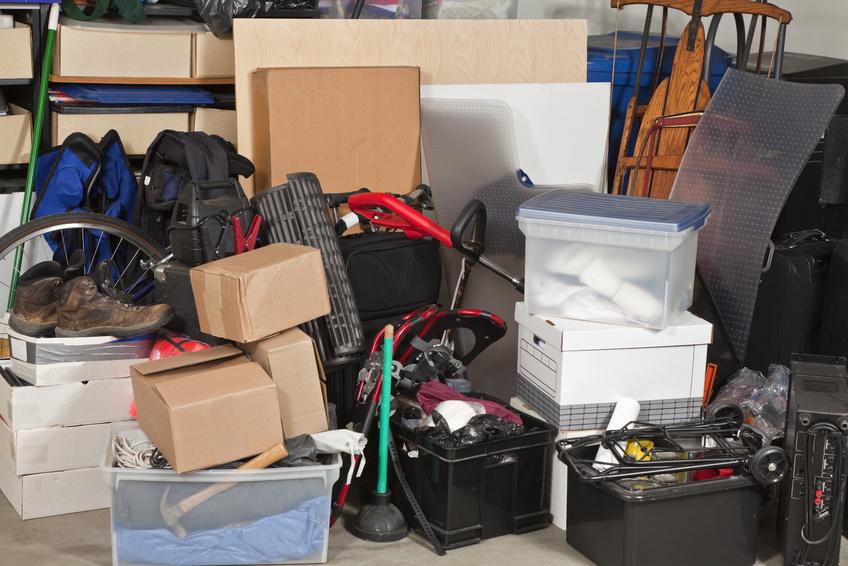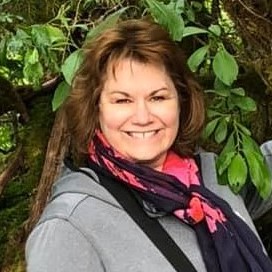
Decluttering your home and your life
I’ve been working from home for about 10 months now because of COVID. You would think that after all this time at home, I would have done all the organizing that I’d planned while working remotely. Well, I haven’t, but the start of a new year has renewed my motivation to reduce the clutter in my living space and my life. I would hazard a guess that almost everyone has a little bit of hoarder in them and needs to declutter, too.
What is Decluttering?
Defining what clutter is can be a challenge. One person’s clutter is another’s treasure. Also, we often invest a lot of time, money and energy into purchasing and owning an item. We do our research to make the most informed choice. After we buy the item, we expend energy storing, cleaning and/or repairing it.
Items become clutter when we no longer use, want or appreciate them. Decluttering is necessary when you have:
- something that someone else thinks you need but you do not use.
- something you believed you needed but you don’t actually use.
- something you settled for and don’t truly love.
- an out-of-control collection.
- duplicates of one or more items.
Clutter can cause stress, anxiety, a feeling of failure, and a feeling that our homes are out of our control. There are many methods for decluttering. Here are two of my favorites. Try them and see if one or both work for you.
The KonMari Method by Marie Kondo
This method involves gathering all of one’s possessions and sorting them by category, rather than by room or location in the house. Once you’ve done this, hold each item, see if it, in Kondo’s words, “sparks joy,” then keep or discard accordingly. Here are Kondo’s categories and some suggestions for managing them.
- Clothing: Pile ALL of your clothing into one large pile. This confronts you with the number of items you have accumulated over time; the effect can be jarring, even bring discomfort.
- Books: Ask yourself, “Will this book be beneficial in my life going forward? Does this book reflect my thoughts and values?”
- Paper: Keep important documents in order by creating a designated spot in the house for them. Divide papers into three categories: Pending (waiting for you to take action, such as letters or bills), Important (to keep permanently, like contracts), and Miscellaneous (things you read often, like magazines, newsletters or newspapers).
- Komono (items used specifically in the kitchen, garage, bathroom, etc.): For each of these rooms, empty all your stuff onto the floor and counters. Sort them into three piles: Use Every Day, Used in the Last Six Months, and Haven’t Used in a Year. Place all “Haven’t Used in a Year” items in a donation pile, and keep the other two piles.
- Sentimental Items: Concentrate on what you want to keep, not on what you are going to throw away. So many of your possessions are likely to have an emotional pull that it becomes too overwhelming to focus on what to get rid of.
The Gentle Art of Swedish Death Cleaning, by Margareta Magnusson
Sounds morbid, doesn’t it? This method’s general premise is that decluttering saves your significant other, family and friends from having to decide what to do with all your belongings while they're grieving your death. This method helped motivate my mom to clean out years of old paperwork. Every time she cleared out a box she thought, “That’s another one Joanne won’t have to deal with.”
For you, “death cleaning” can motivate you to live with less by considering how much your possessions actually mean to you. Here are some specific tips when using this method:
- Shred or throw away anything that could be upsetting, hurtful or embarrassing for your family. If something of yours shouldn’t be seen by anyone else, make sure that you are the last person who’ll ever see it.
- If you know what you want done with certain possessions after you die, tell someone or leave a note. In my family, we mark sentimental items with small piece of masking tape on the bottom with the initials of the person we want to receive that item. Tell your friends and family when you're starting the process so they can feel free to come and claim things before you throw them away or donate them to charity. Telling others of your plan also helps hold yourself accountable.
- Leave your photographs, letters and journals until last. It's all too easy to get stuck in a vortex of nostalgia, procrastinate and not get any actual tidying done.
The Rewards of Decluttering
- Decluttering can be mentally exhausting, physically taxing and an emotional roller coaster, but the rewards are well worth it. There is something absolutely sublime about opening that closet, seeing only my favorite things all arranged by color and season (my personal organizational system). And it feels great reaching into the junk drawer and actually finding the little container of nails I was looking for, rather than pulling out four plastic bags, a random piece of old Velcro, and a gardening glove with holes in every finger.
- The paring down and selection of your most favorite things also lets them shine rather than getting lost amongst all your other possessions. You may even discover forgotten, hidden treasures.
- Finally, the process of deciding what’s important to you and worth keeping can help you manage your finances better. You can save money by avoiding purchases of items that don’t fit your priorities and values or that you already have plenty of.
Getting started is key. Simplifying your space doesn’t need to happen in a day. Set goals that make sense for you, then take it step by step. You’ll gain momentum, and that momentum feels great!
If you’re looking for ways to gain more control over your financial life, LSS Financial Counseling can help. We have experienced, non-judgmental counselors who will work with you to create budgets, manage debt and build savings. Call 888.577.2227 to set up your free appointment, or get all your support online.

Author Joanne Lundberg is a Certified Financial Counselor for LSS Financial Counseling.
